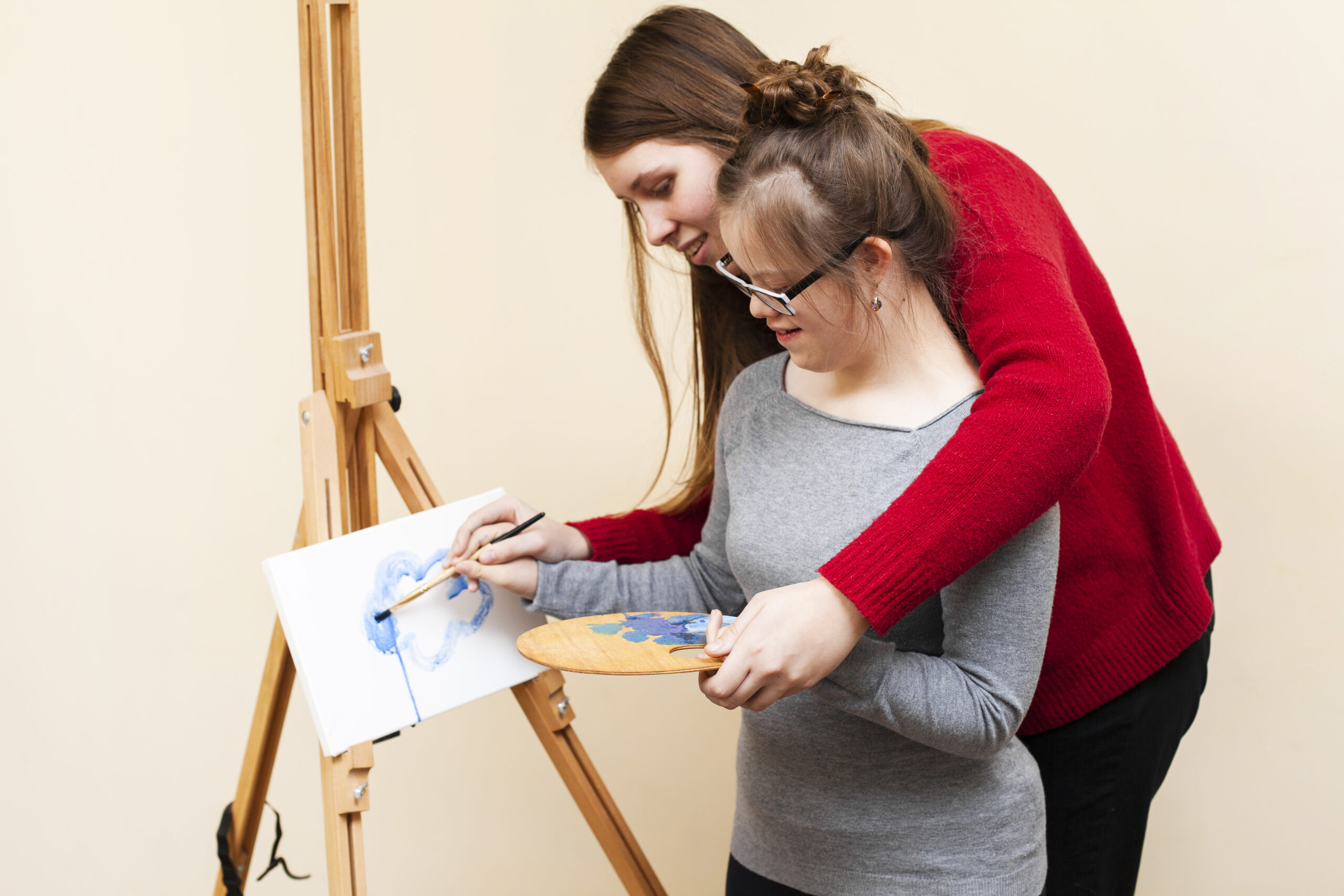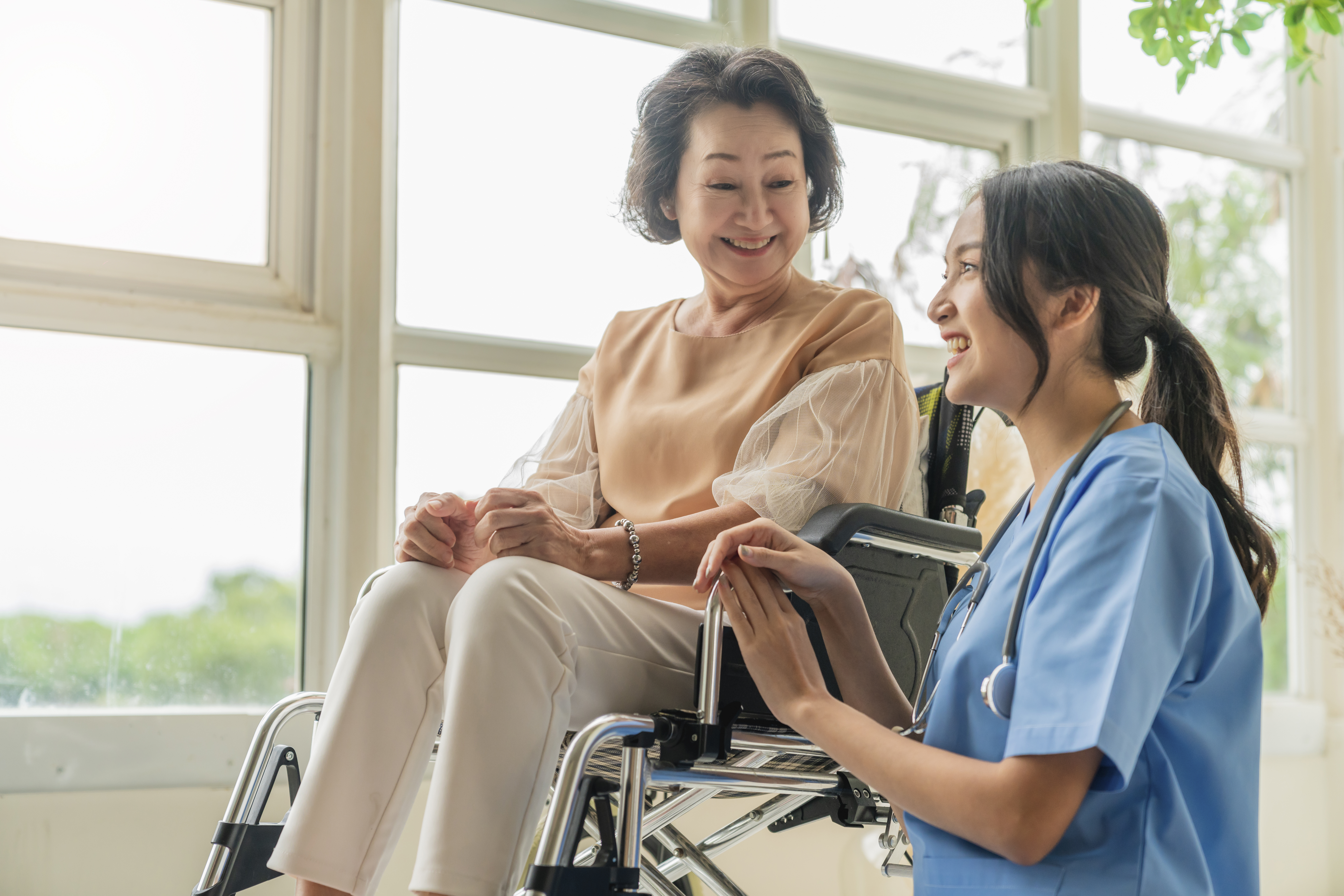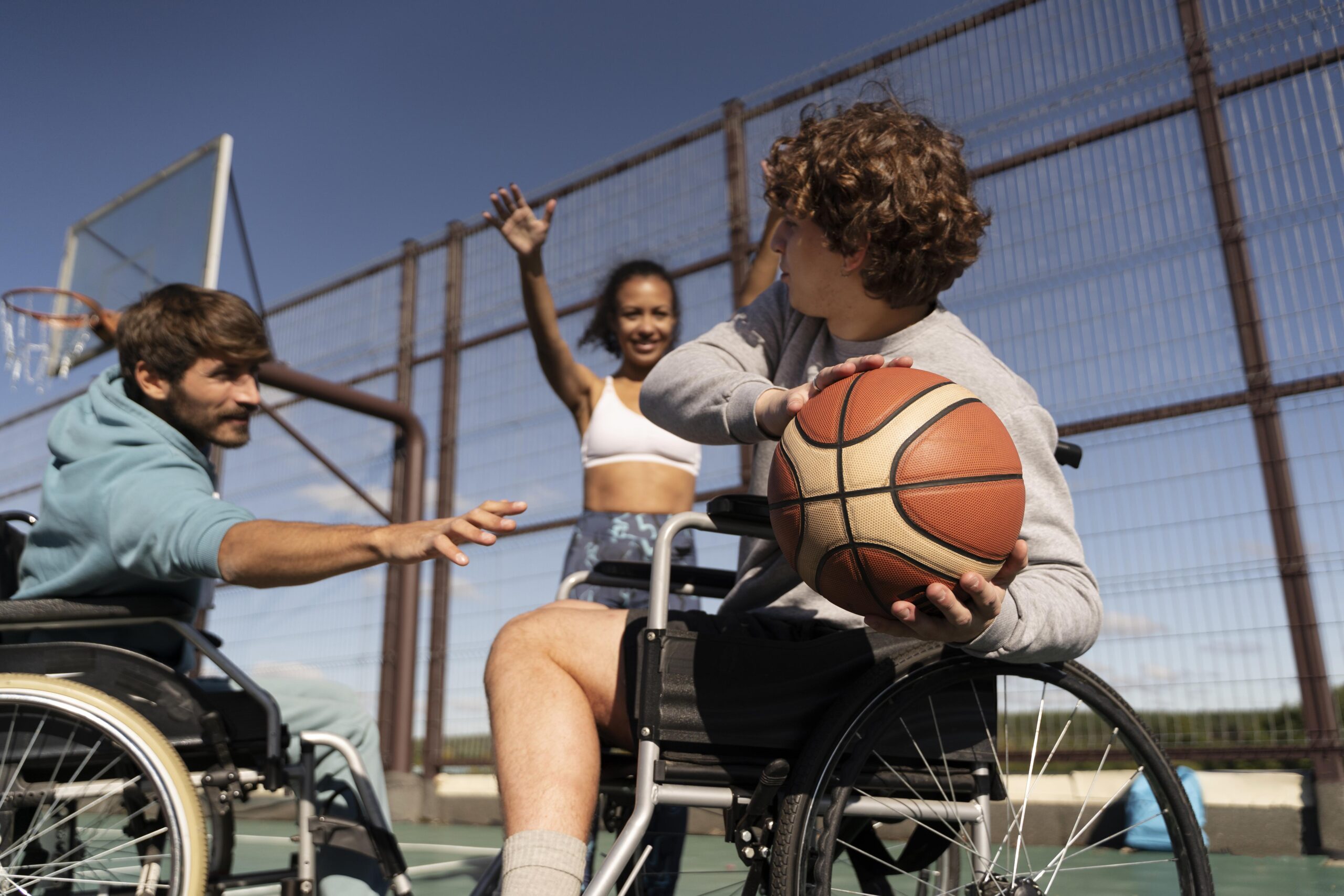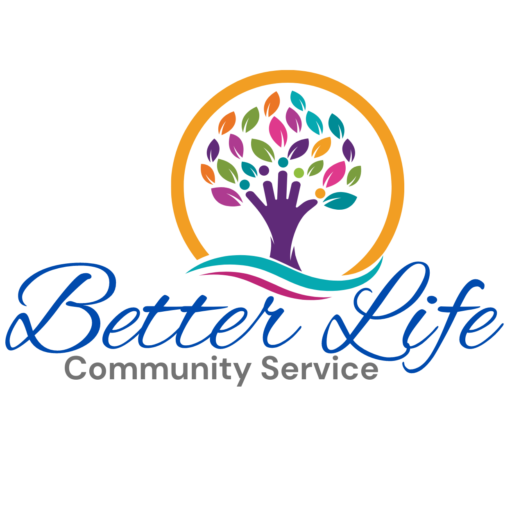
Over 60,000 Australians suffer a stroke every year, making it the second most common cause of disability in Australia. There are several risk factors for stroke, including high blood pressure, high cholesterol levels, obesity, having diabetes, having an irregular pulse, and having had ‘mini-strokes’ (transient ischaemic attacks) in the past. If you smoke, eat a diet high in salt and fat, or drink excessive amounts of alcohol you are at higher risk of having a stroke. Age is also a risk factor; however, about two-thirds of stroke patients are over 65.
 The signs of a stroke include:
The signs of a stroke include:
• Weakness, numbness or paralysis in the face, arm or leg – on either or both sides of the body.
• Difficulty speaking or understanding
• Dizziness, loss of balance or an unexplained fall
• Loss of vision, sudden blurred or decreased vision in one or both eyes
• An unusually severe or abrupt headache, or a change in the pattern of headaches
• Difficulty in swallowing
The needs of every stroke patient are different. Depending on their symptoms, a person may need help with:
• taking medications on time
Any medications should also be diligently taken as prescribed by their doctor. We recommend creating a schedule to remember what they need to take and when.
• managing medical appointments
Stroke patients will need to be carefully monitored by their healthcare provider. Always make sure to attend regular visits as recommended by their doctor.
• getting around and preforming exercises
It’s common for many stroke patients to experience mobility impairments, but with regular movement and exercise, this can gradually improve. Even basic movement like walking is beneficial to do on a daily basis with stroke victims. This will help to bring back muscle memory and strengthen motor skills.
• Healthy diet preparing or eating food
stroke patients are often at a high risk of having another stroke. To minimize this risk, make sure your loved one eats a healthy diet to get the right balance of vitamins and nutrients to keep their health at an optimal level.
• accessing emotional support
Depression is a common occurrence for stroke patients which can hinder their ability to recover. One way to curb this is to focus on positive memories with them, get them outside in nature as much as possible, and consult with a healthcare provider to develop a plan of action if needed.
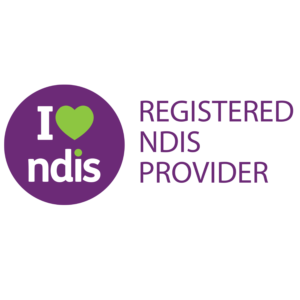


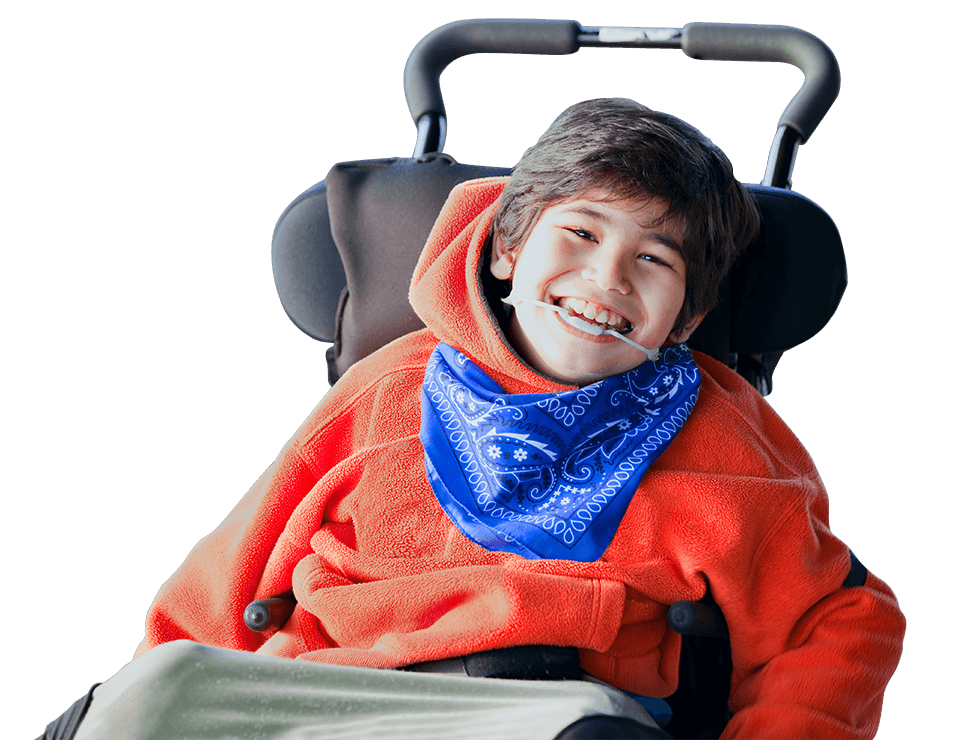
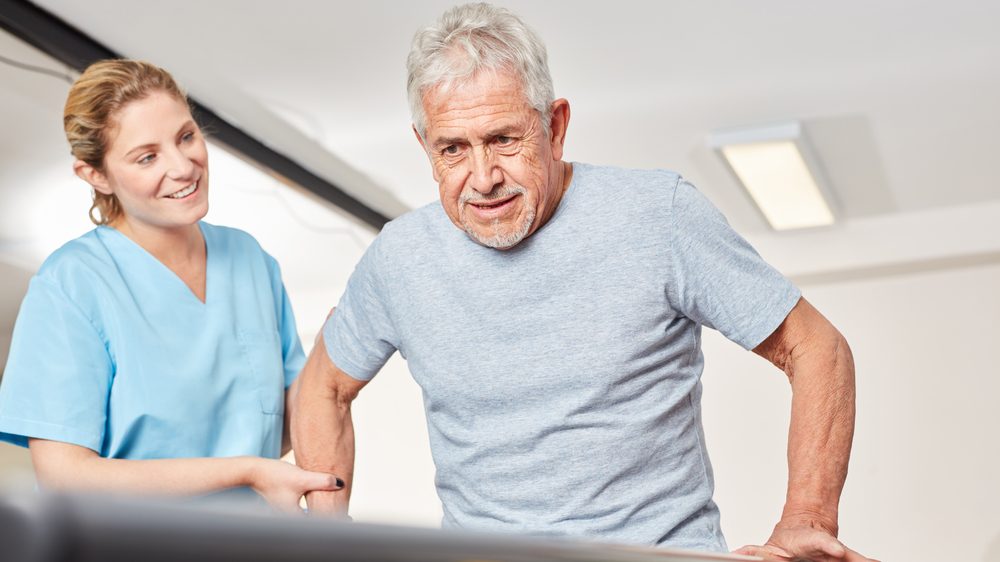
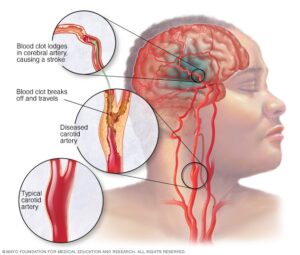 The signs of a stroke include:
The signs of a stroke include: